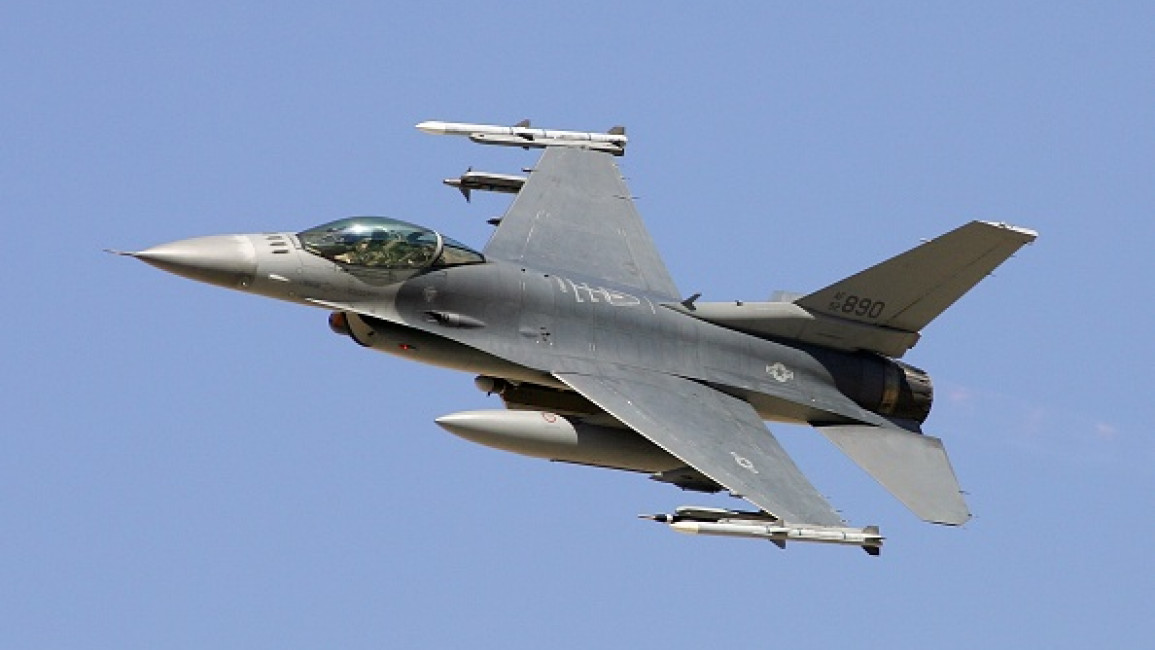Global arms trade booms, avoiding Covid-19 pandemic recession
The 100 largest arms companies boasted record sales of $531 billion in 2020, mainly due to "sustained government demand for military goods and services" according to a new report by the Stockholm International Peace Research Institute (SIPRI).
The figures represent an increase of 1.3 percent in real terms compared with the previous year, marking the sixth consecutive year of sales growth, despite the economic downturn caused by the Covid-19 pandemic.
What is the share of arms sales of the SIPRI Top 100 for 2020 by country?
— SIPRI (@SIPRIorg) December 6, 2021
USA🇺🇸 54%
China🇨🇳 13%
UK🇬🇧 7.1%
Russia🇷🇺 5%
France🇫🇷 4.7%
Trans-European🇪🇺 3%
Italy🇮🇹 2.6%
Israel🇮🇱 2%
Japan🇯🇵 1.9%
Germany🇩🇪 1.7%
South Korea🇰🇷 1.2%
India🇮🇳 1.2%
Other 3.4%
➡️ https://t.co/7HtPTiIpjn pic.twitter.com/7dvAEyOyzI
The US and China remained the world's first and second-largest manufacturers respectively, with their firms dominating the top 10 rankings.
American companies still dwarf its Chinese counterparts with combined sales of $285 billion compared to $66.8 billion respectively.
Regional Developments - Asia and the Middle East
Aside from Japan and South Korea, the biggest arms producers in Asia were India and Israel with three firms each in the top 100. Only one Arab firm - UAE-based EDGE (ranked 23rd) - made it onto the leaders board.
Elbit Systems (ranked 28th) - the best Israeli performer - is up two places from the previous year, resulting from "sales of military aircraft equipment and the acquisition of the Harris Night Vision business".
The Indian Government announced a phased ban on imports of more than a hundred different types of military equipment to support domestic companies and enhance self-reliance in arms production.
The report also highlighted deepening ties between Silicon Valley and the arms industry, such as Microsoft's deal to supply the US Army with integrated visual augmentation devices
Amazon Web Services were awarded a contract to host classified material belonging to three British Intelligence Agencies, reportedly worth billions.



